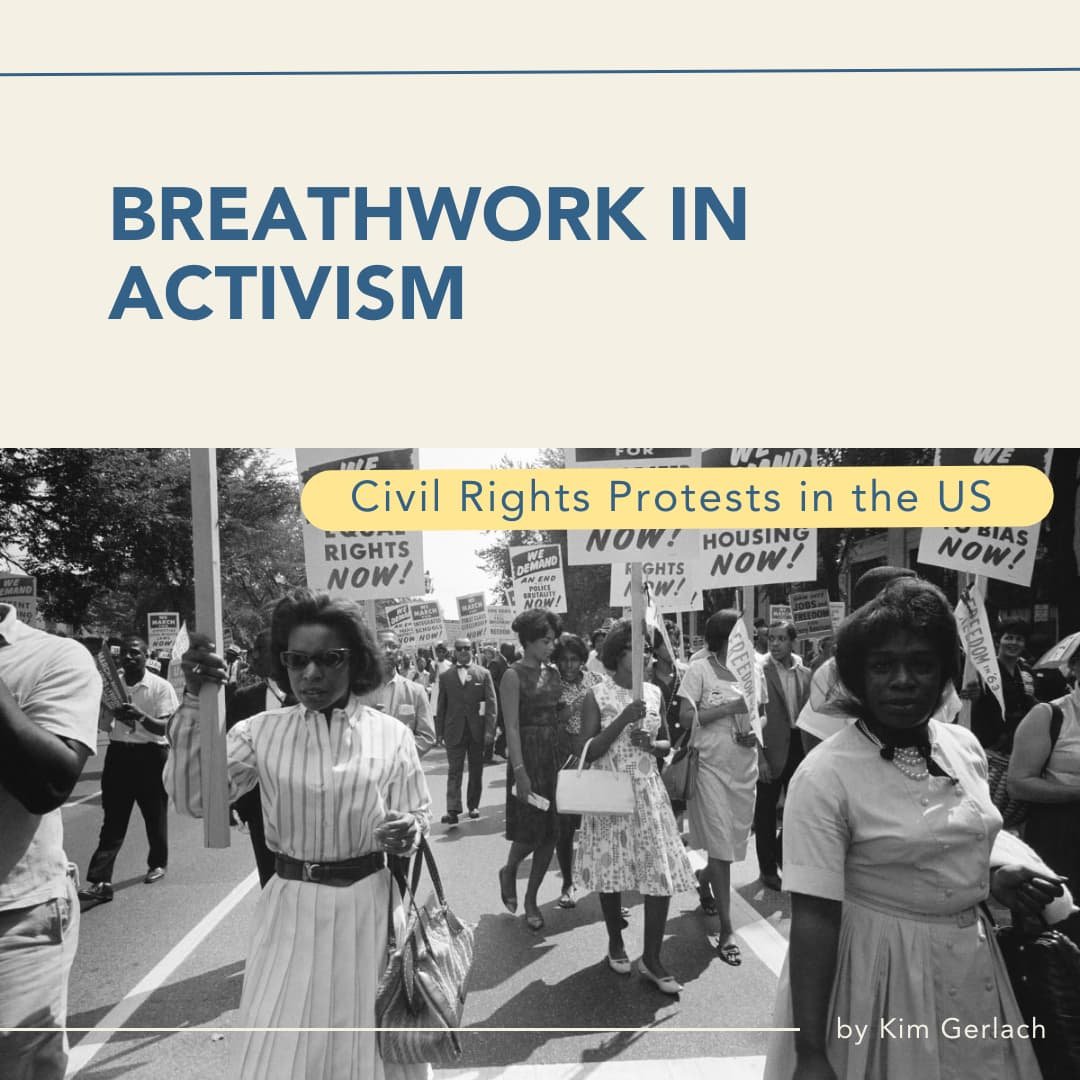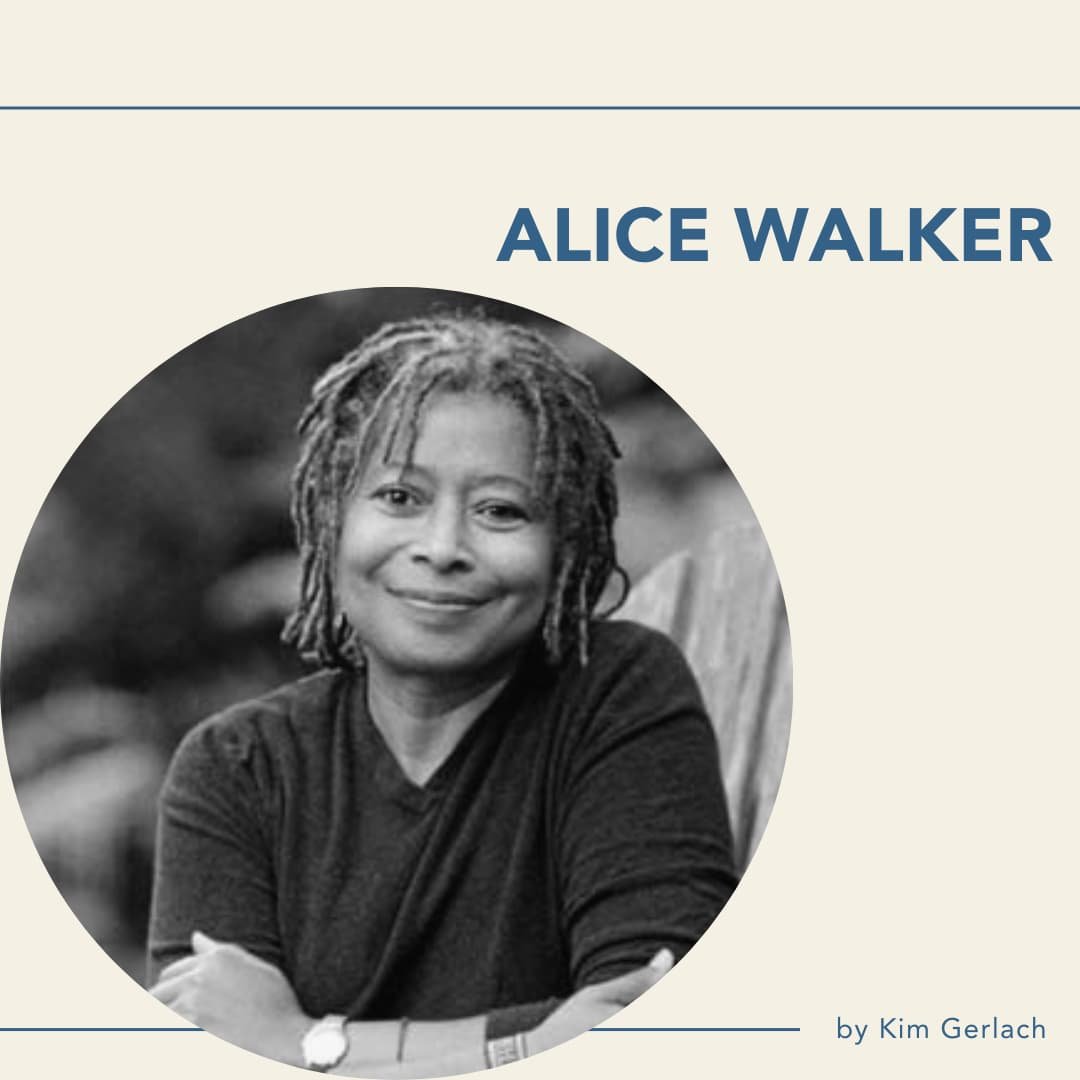Breathwork and Black History Month
Black History Month originated in celebrating the accomplishments of African Americans throughout history and recognizing their contributions to the world. By now, the recognition of Black history in the month of February has continued outside the US and is an opportunity to reflect on the ways in which Black folxs around the world made a seen and unseen contribution.
Breathing ain't new
Before we dive into inspirations and practices, I want to remind you as a reader about how vital our breath is, especially since George Floyd’s death in May 2020. His death has been a reminder of how the breath can be taken away from marginalized and oppressed communities. His death and outlived words “I can’t breathe” have brought attention to the long history of systemic racism and is the leading parole of the Black Lives Matters movement. It’s a reminder of the way we have robbed Black folks of their breath and their ability to breathe freely. Literally and systemically.
Throughout history, any Black lineages have utilized alternative healing practices. Breathwork is an ancient practice that has been used by many African communities to connect with the divine, heal the mind and body, and cope with the trauma of systemic oppression, despite often times facing systemic barriers to accessing healthcare.
Breathwork provides an opportunity to reclaim the breath by consciously connecting with it, and it can be used as an act of resistance and resilience in the face of oppression. Through breathwork, we can honor George Floyd’s memory and recognize the power of our breath to heal and empower us.
I want to introduce some lineages.
African (spiritual) traditions
Many African spiritual traditions, such as Vodou, Candomble, and Santeria, as well as African Traditional Medicine incorporate breathwork and chanting as a means of connecting with spirits and accessing healing energy.
Breathwork in activism
During the Civil Rights Movement in the US (mid 1950’s to late 1960’s), many Black activists utilized breathing techniques to calm themselves and stay focused during protests and demonstrations.
Ella Baker
“Ella Baker was the premiere behind-the-scenes organizer, co-founder of the Southern Christian Leadership Conference (SCLC) headed by Martin Luther King, Jr., and an inspiring force behind the creation of the Student Non-Violent Coordinating Committee (SNCC)”
(source: National Womens Hall of Fame)
Baker was a civil rights activist who utilized breathing techniques to help maintain her focus and calm during the nonviolent protests of the Civil Rights Movement.
Fannie Lou Hamer
Fannie Lou Hamer was a civil rights activist and leader who utilized breathing techniques to cope with the stress of her activism and to stay grounded during protests. She was an American voting and women's rights activist, community organizer, and a leader in the civil rights movement.
Black practitioners today
Alice Walker
Alice Malsenior Tallulah-Kate Walker is a true inspiration of mine. She is a renowned novelist, short story writer, poet, and social activist. She became the first African-American woman to win the Pulitzer Prize for Fiction, which she was awarded for her novel The Color Purple.
Alice has written extensively about the healing power of breathwork and mindfulness practices.
And it’s of course worth mentioning once more, how “I can’t breathe” has become the guiding parole of the Black Lives Matters movement in 2020.
Black breathworkers today
This Black History Month, let’s celebrate the breath and recognize the contributions of Black individuals and communities to the practice of breathwork and holistic healing.
Europe-based:
Mitu
Patricia Macamo
Tobi Aye
US-based:
Chauna Bryant
Maryam Ajayi
Siedeh Foxie
Please send your suggestions of whom I can add to this rather scarce list.
Last disclaimer: The words by Emilia Zenzile about “the problem with Black History Month” resonate a lot with me. Please read her Instagram post here and have a think…






